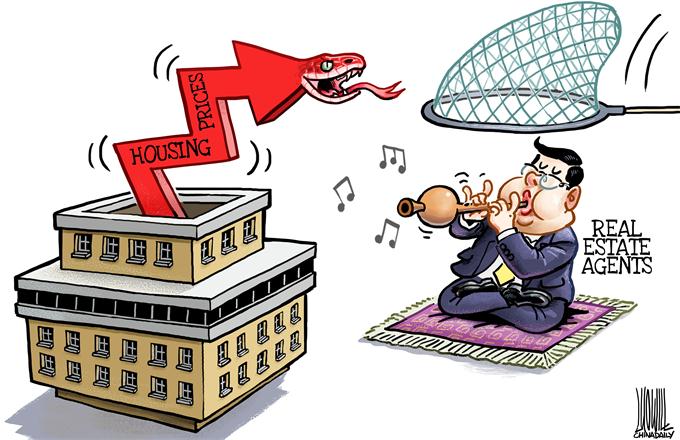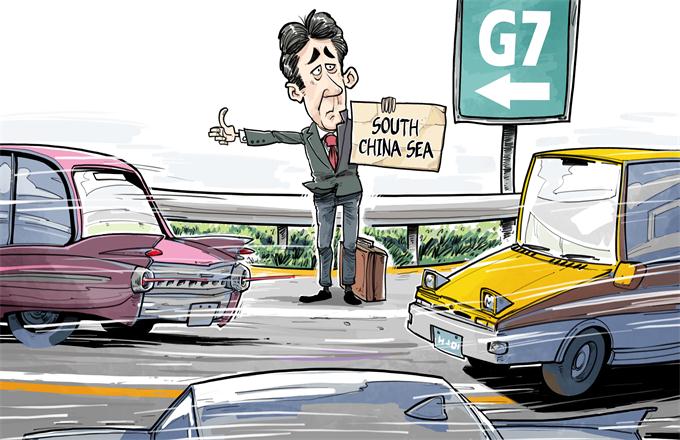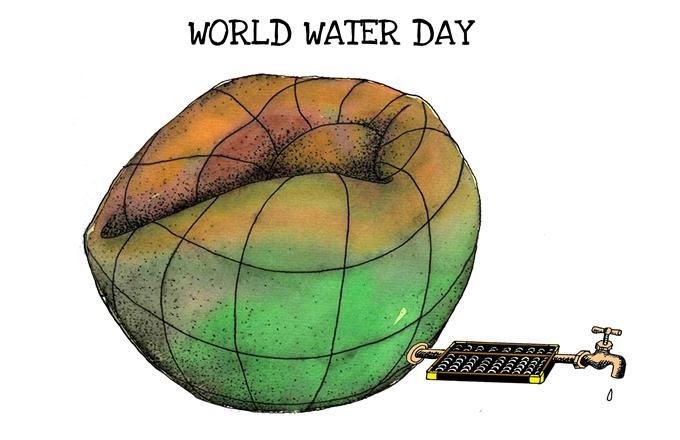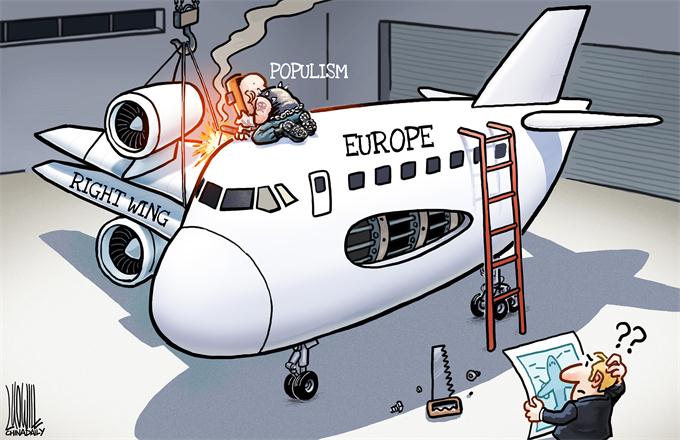Shared future for all a win-win concept
"A community of shared future for all humankind", a Chinese concept that has won recognition of the United Nations, can be a guide for the world in the 21st century.
The concept of building "a community of shared future for all humankind" was incorporated into a UN Security Council resolution on March 17 in New York, reflecting the relevance of the concept to today's world, as well as the appreciation of China's contribution to global governance.
The Security Council's acceptance and incorporation of the Chinese concept into its resolution is of great significance and will greatly influence the world.
On the sidelines of the 34th session of the UN Human Rights Council earlier this month, Ma Zhaoxu, head of China's mission to the UN in Geneva, gave a call to protect human rights and build a global community of shared future, which struck a chord with the representatives of other countries.
The world today faces many challenges including the rising trend of anti-globalization and terrorism, and the refugee crisis. With the global economic recovery still weak, instability and uncertainties have become a normal phenomenon. Hence, how to lead the world out of the troubles has become a key question for politicians, strategists and scholars alike.
Western countries' outlandish strategies to meet the global challenges have further complicated matters. While some countries have chosen to isolate themselves to overcome the problems, others have resorted to protectionism and adopted narrow-minded "nation-first" policies, prompting more and more countries to look East for an answer.
The 18th National Congress of the Communist Party of China in November 2012 first proposed the concept of "a community of shared future for all humankind".
Since then President Xi Jinping has highlighted it on many occasions, proposing the road map for building "a community of shared future for all humankind" at a UN meeting in September 2015.
The concept, aimed at helping solve the major problems facing humankind, reflects China's global view and responsibility as a big power, and is bound to leave its mark in international relations.
Philipp Charwath, chair of the 55th session of the UN Commission for Social Development, said the concept offers inspiration to a world beset by rising challenges and risks. "In the long run, it profits us all," Charwath said. "I think ... that's how the UN work can profit from the concept." The commission first used the concept of a shared future based upon our common destiny in a resolution on African development in February.
The concept of "a community of shared future for all humankind" is an integral part of China's 5,000-year-old civilization. It is a creative development of the traditional spirit in the new era of globalization, where all countries are intercon-nected and joint cooperation is an effective way of promoting development.
According to Martin Jacques, a professor at Cambridge University, China has provided a new possibility by abandoning the law of the jungle, hegemonism, power politics and the zero-sum game and replacing them with win-win cooperation and co-construction and sharing. This pioneering work has great potential to change the world.
The "shared community" concept is a new idea - a combination of Chinese characteristics and the spirit of the times - to reform and rebuild the world order, and lead global governance.
According to Ross Terrill, a research associate at Harvard University's Fairbank Center, China's global governance idea, based on the concept of "shared future", mirrors its strategic thoughts on the long-term development of relations between China and other countries, and the establishment of a new world order.
The concept of a "community of shared future" has been helpful while dealing with burning issues such as the Iran nuclear issue and the Korean Peninsula issue, because it calls for consultation and coordination to resolve international issues.
An integral part of that concept is the Belt and Road Initiative (the Silk Road Economic Belt and the 21st Century Maritime Silk Road). The initiative, proposed by Xi in 2013, aims to build a trade and infrastructure network connecting Asia with Europe and Africa along the two ancient trade routes.
As such, building "a community of shared future for all humankind" is the essence of major-country diplomacy enriched by Chinese characteristics.
(China Daily 03/25/2017 page5)



















